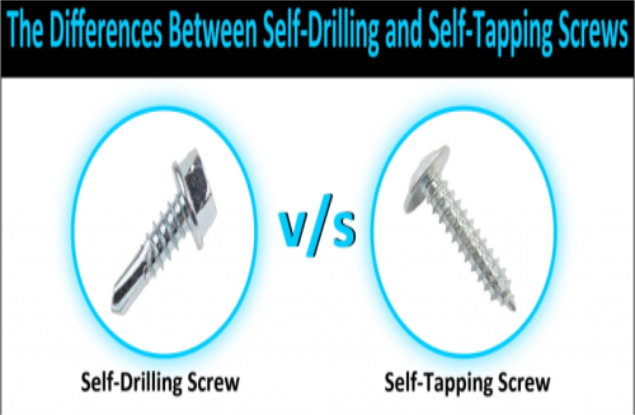Typical Lengths and Suppliers for Drywall Screws Explained
Understanding Typical Drywall Screw Length A Comprehensive Guide
When it comes to installing drywall, the choice of screws is just as critical as the boards themselves. Using the right type and length of drywall screws ensures a secure fit, proper alignment, and ultimately a professional finish. This article aims to shed light on typical drywall screw lengths, their applications, and some best practices that can enhance your drywall installation experience.
Why Drywall Screws Matter
Drywall screws are specially designed for fastening drywall sheets to wooden or metal studs. Unlike standard wood screws, drywall screws have a bugle-shaped head that helps to sink the screw perfectly into the drywall surface without tearing the paper, which can otherwise lead to cracks and weak attachment. Their threads are sharper and spaced further apart, allowing for quick insertion and minimizing the chance of paper tearing.
Common Lengths of Drywall Screws
Drywall screws typically come in a range of lengths, generally falling between 1 inch and 3 inches. The most common lengths are
- 1 1/4 inches This size is ideal for attaching 1/2-inch drywall to wood studs. It provides sufficient grip without the risk of penetrating too deeply into the stud.
- 1 5/8 inches This length is versatile and commonly used for both 1/2-inch and 5/8-inch drywall
. It provides excellent holding power and is a popular choice for ceiling installations where more support may be necessary.- 2 inches Used generally for 5/8-inch thick drywall, particularly in commercial ceilings or walls that require a bit more reinforcement.
- 2 1/2 inches and 3 inches These lengths are applicable for thicker drywall setups or when fastening drywall to metal studs. They provide the extra length necessary for achieving a secure attachment.
typical drywall screw length supplier

Applications of Different Lengths
In choosing the right screw length, the thickness of your drywall and the type of studs you are working with are critical factors. For instance, when installing 1/2-inch drywall on wooden studs, the 1 1/4-inch screws are sufficient. However, if you are working with 5/8-inch drywall or metal studs, you might want to opt for longer screws.
Additionally, for ceiling installations where additional pull-out resistance is needed, longer screws are preferable to ensure that the drywall stays securely in place under potential weight strain or movement.
Installation Tips
- Countersink the Screws Always ensure that the screws are slightly countersunk below the surface of the drywall. This will help prevent any surface imperfections when finishing with joint compound.
- Space the Screws Properly Follow industry standards for spacing to avoid weak points in your wall. Typically, screws should be placed every 16 inches along the studs, with additional screws at the edges of each drywall sheet.
- Avoid Over-tightening While it’s important to ensure that the screws are secure, being overzealous with the drill can lead to paper tearing or the screw breaking through the rear of the drywall.
- Consider Coating and Type Drywall screws come in various coatings such as black phosphate, zinc, and stainless steel, each with different levels of corrosion resistance. For humid environments, rust-resistant screws may be a worthwhile investment.
Conclusion
Selecting the right length of drywall screws is crucial to achieving a sturdy and lasting drywall installation. Understanding the different lengths and their applications not only improves your installation's structural integrity but also contributes to the overall aesthetic finish. Remember to adhere to best practices during installation, and you'll set yourself up for success in your drywall projects. Whether you’re a seasoned pro or a DIY novice, having the right drywall screws at your disposal can make all the difference.
-
Top Choices for Plasterboard FixingNewsDec.26,2024
-
The Versatility of Specialty WashersNewsDec.26,2024
-
Secure Your ProjectsNewsDec.26,2024
-
Essential Screws for Chipboard Flooring ProjectsNewsDec.26,2024
-
Choosing the Right Drywall ScrewsNewsDec.26,2024
-
Black Phosphate Screws for Superior PerformanceNewsDec.26,2024
-
The Versatile Choice of Nylon Flat Washers for Your NeedsNewsDec.18,2024










